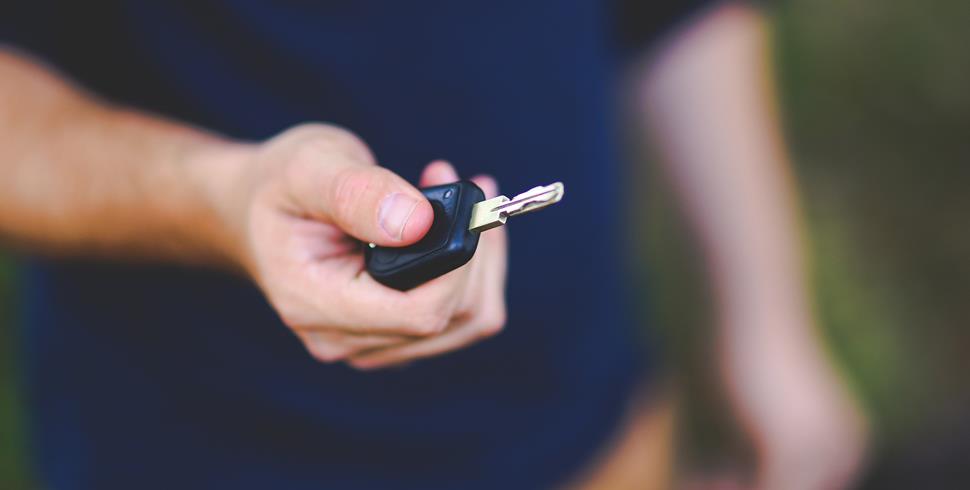
Can I avoid a drink driving ban?
Whether you use your vehicle for work, home-life or just for pleasure, a driving ban can have a devastating impact. Drink driving carries a mandatory driving disqualification, meaning the court has to disqualify you if you are convicted. In more serious cases the court can impose community service or prison. Hundreds of motorists go to prison each year for drink driving related offences. A prison sentence is more likely where the alcohol reading is high.
At the time of writing, M.A.J Law has never had a client go to prison for a drink driving offence alone.
Three ways to avoid a drink driving ban
The purpose of this video is to discuss the three most effective ways to avoid a drink driving disqualification. Drink driving is a very serious offence - it is a criminal conviction - and it is always in your interests to consider the options open to you. M.A.J. Law are always happy to discuss those options with you, completely free of charge.
- Find fault with the evidence
The first way that you can avoid a disqualification for drink driving is by finding fault with the evidence against you. The most important document that we need to check is the MGDDA document. The Manual Guidance for Drink Drive pro-forma 'A' (MGDDA) is a 25 page document that guides the officer through the breath test procedure. It contains all the important questions and legal warnings that he should give you before he can legally take that specimen of breath from you. The MGDDA document needs to be completed during the evidential breath test procedure (usually in the breath test room). If the officer fails to complete the MGDDA document with you, the CPS may not be able to use the breath readings in evidence against you.
As for the reasons why an officer may fail to complete the MGDDA document, drink driving is a time-sensitive offence. Any alcohol present in your system will rapidly reduce as time passes. That can be a huge concern for any officer wanting to get the highest breath reading from you, particularly if your roadside reading was between 40 and 50 micrograms.
M.A.J Law regularly find fault with the documentation presented by the police and CPS in drink driving cases. Many police officer have never received training on drink driving offences. Resources, budget cuts and time-pressures are all reasons why drink driving cases collapse. - Disclosure delays
The second way that you can avoid a disqualification for drink driving is by taking advantage of the way the prosecution deal with these cases. If we enter a not guilty plea in the first appearance, we then trigger what is known as further disclosure. That means the prosecution have to provide all the outstanding evidence against you, usually within 28 days. In 90% of cases that we deal with as a firm, the prosecution will fail to serve the evidence within that 28 day period. We win anywhere from 60 – 70% of these cases as a direct result of the prosecution not making all the evidence available to us within the correct time limits. It helps that the prosecution service are only interested in quick win cases. A common tactic used by the - Special Reasons
The third way that you can avoid a disqualification for drink driving is by successfully arguing a special reasons argument. In order to raise a special reason you have to enter a guilty plea to the allegation. You have to accept that the offence has been committed, but the circumstances are such that you shouldn’t receive the full length of the disqualification, or indeed any disqualification whatsoever. The three most common special reasons arguments are spiked drinks, shortness of distance driven and reflux.
If you’d like any more information about the points I’ve raised today, you can go onto our website, you’ll find resources, case studies, there is lots of information relating to drink driving offences. We’re always happy to give free legal advice over the phone.



